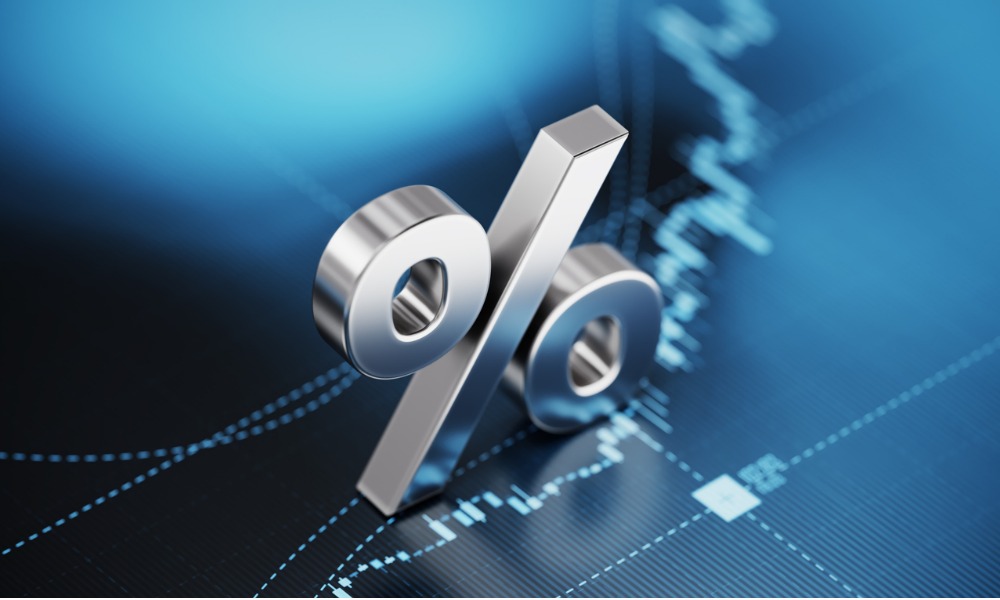"We are getting to a point where we risk overkill"

Another two rate hikes by the Reserve Bank could push the Australian economy into a recession, economists warn.
The central bank’s aggressive rate policy is already set to push mortgage repayment burdens to a record high this year, The Australian reported.
Most market-watchers predict that the RBA will deliver a ninth consecutive rate hike at its board meeting Feb. 7, bringing the cash rate to 3.35%, and hike rates again in March to 3.6% as it continues to battle inflation.
But Gareth Aird, head of Australian economics at Commonwealth Bank, told The Australian that a cash rate of 3.35% would be “deeply restrictive” and any further hikes would be “inconsistent with a soft landing” for the economy in 2023.
Aird predicted that the central bank would hike rates next month and then pause, and that it would be forced to cut rates towards the end of 2023 and in early 2024 to mitigate a crash in consumption and prevent an unemployment spike.
Fixed rates expiring
Aird estimated that half of CBA’s fixed-rate mortgage book would roll over this year, hitting the economy hard as many households saw their rates reset to much higher levels and their mortgage repayments spike.
Once the ultra-low fixed rate expired, households on average would be paying the highest-ever proportion of disposable income, about 13%, to service their mortgage – and that’s before any more RBA hikes, The Australian reported.
“Even when the RBA pauses we still have tightening coming through in the form of fixed rates coming off,” Aird said.
Those who took on large loans at record-low fixed rates during the COVID property boom would be the most impacted, Aird said. The hit these borrowers take from higher borrowing costs will be compounded by falling real wages and tumbling property prices.
While retail trade data has remained strong so far this year, Aird said it was possible that households had continued to spend through Christmas and the summer holidays, but would cut back as the school year began.
Read next: How will Australians take charge of their finances in 2023?
“The Reserve Bank needs to stop hiking rates before the spending data turns, because if the spending data turns, they’ve already gone too far,” he told The Australian.
Risking overkill
AMP Capital chief economist Shane Oliver said there was a “strong argument” against any further rate rises, telling The Australian that “two more rate hikes probably tips us over the edge.”
“Growth is already set to slow sharply this year, down to 1.5% or less, and that will lead to a significant softening in the labour market,” Oliver said. “We are getting to a point where we risk overkill. We can already see a sharp downturn in just about every housing indicator. The consumer confidence numbers are still very, very low. The jobs data looks like it’s starting to slow a bit – and that’s one of the last things to roll over. And I suspect that once the reopening ‘revenge spending’ boost is over, we are looking at a bit of a hangover that will become apparent over the course of the year.
“If the RBA keeps going focused on the rear-view mirror, the risk of recession increases further,” he said. “Therefore, there’s a strong argument for the Reserve Bank to hold rates steady, including in February.”
Do you think the RBA should pause rate hikes? Let us know in the comments below.



